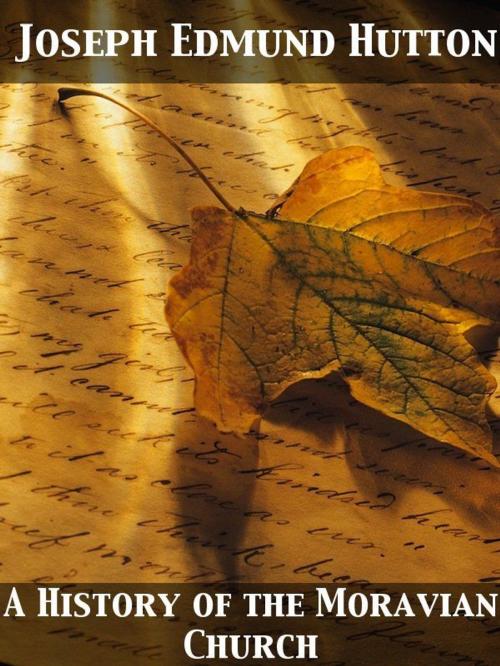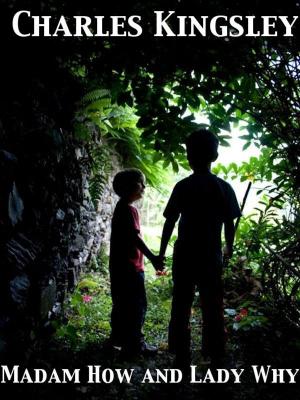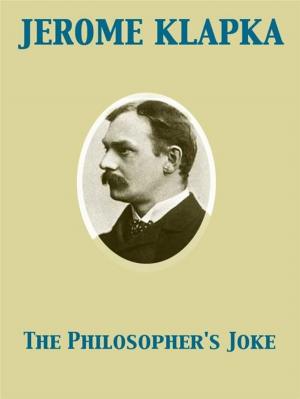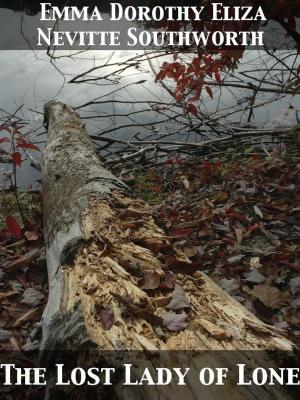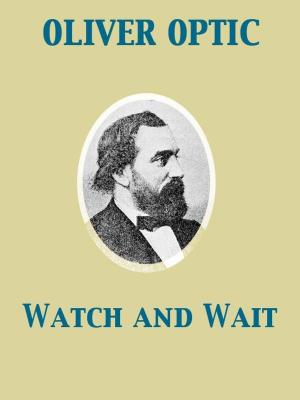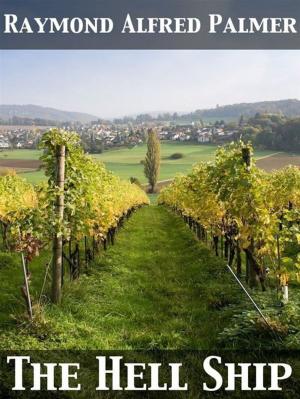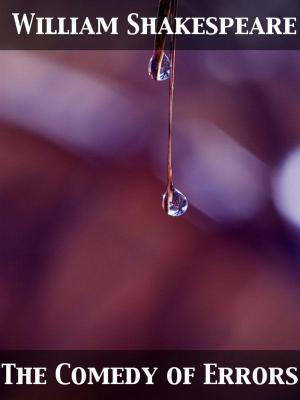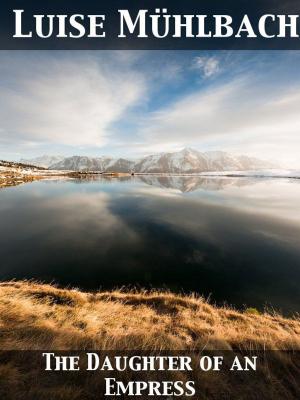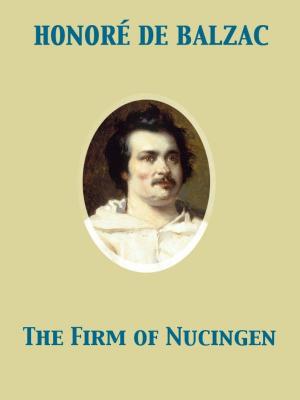| Author: | Joseph Edmund Hutton | ISBN: | 9782819937586 |
| Publisher: | Release Date: November 27, 2011 | Publication: | November 27, 2011 |
| Imprint: | pubOne.info | Language: | English |
| Author: | Joseph Edmund Hutton |
| ISBN: | 9782819937586 |
| Publisher: | Release Date: November 27, 2011 |
| Publication: | November 27, 2011 |
| Imprint: | pubOne.info |
| Language: | English |
When an ordinary Englishman, in the course of his reading, sees mention made of Moravians, he thinks forthwith of a foreign land, a foreign people and a foreign Church. He wonders who these Moravians may be, and wonders, as a rule, in vain. We have all heard of the Protestant Reformation; we know its principles and admire its heroes; and the famous names of Luther, Calvin, Melancthon, Latimer, Cranmer, Knox and other great men are familiar in our ears as household words. But few people in this country are aware of the fact that long before Luther had burned the Pope's bull, and long before Cranmer died at the stake, there had begun an earlier Reformation, and flourished a Reforming Church. It is to tell the story of that Church— the Church of the Brethren— that this little book is written.
When an ordinary Englishman, in the course of his reading, sees mention made of Moravians, he thinks forthwith of a foreign land, a foreign people and a foreign Church. He wonders who these Moravians may be, and wonders, as a rule, in vain. We have all heard of the Protestant Reformation; we know its principles and admire its heroes; and the famous names of Luther, Calvin, Melancthon, Latimer, Cranmer, Knox and other great men are familiar in our ears as household words. But few people in this country are aware of the fact that long before Luther had burned the Pope's bull, and long before Cranmer died at the stake, there had begun an earlier Reformation, and flourished a Reforming Church. It is to tell the story of that Church— the Church of the Brethren— that this little book is written.
